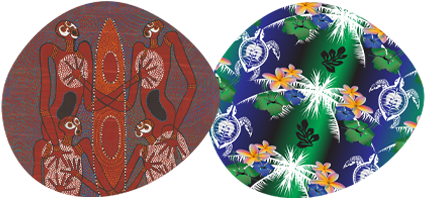Using lube can stop condoms from breaking and can feel good.
If you forget to use a condom or it breaks, or if you share injecting equipment, have no shame, and get PEP (Post-Exposure Prophylaxis).
You take PEP medications for 1 month to prevent HIV after a risk. PEP needs to be started within 72 hours after a risk, but it is better if you can start within 24 hours. You can get PEP from Emergency Departments of most public hospitals or at sexual health clinics and some other doctors.
For more information or visit www.getpep.info
Check out this video for more information on PEP.
If you have HIV, taking treatment keeps you well. It can also reduce the amount of HIV in your body to an undetectable level (so low that tests cannot find it). That means you cannot pass HIV on to someone else. This is called ‘Treatment as Prevention’. This is also known as ‘Undetectable = Untransmittable’ or ‘U=U’.
Check out this video for more information on Treatment as Prevention.
PrEP stands for Pre-Exposure Prophylaxis. It is a medication that HIV-negative people can take to prevent HIV. Taking PrEP before being exposed to HIV means there is enough medicine in your system to stop HIV if it gets into your body. PrEP protects you from HIV, but it does not prevent other STIs, or pregnancy.

Check out this video for more information on PrEP.
Use new gear (needle, syringe, and other injecting equipment) every time if you inject drugs. Used syringes contain small amounts of blood. Even a small amount of blood can carry germs or disease.
Make sure you return your used needles and syringes to a Needle and Syringe Program (NSP) or throw them away safely inside something hard, like a plastic bottle with a lid, so other people do not get hurt by them.
To find NSPs in your area: www.nspdirectory.aivl.org.au
Check out this video for more information on Safe Injecting.
Cover up cuts, and if you have to clean up blood, wear gloves (or use plastic bags if you do not have gloves).
Do NOT share anything that could have had blood on it including knives, razor blades or needles.
If you are pregnant, talk to your doctor or health worker about what you need to do. People with HIV can have healthy babies without HIV.



